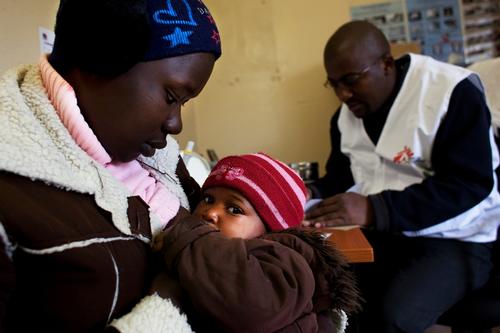During the 1990s, MSF teams made a bitter observation: we were failing to treat some of our patients suffering from infectious diseases, while in developed countries, remarkable progress was being made in the field of health. Two decades on, medicines in developing countries are still either too expensive, aren't suitable to be used in many of the contexts in which we work (for example, in hot, humid conditions or where there's a lack of electricity), or simply don't exist for the diseases we need to treat.
In 1999, we launched the Campaign for Access to Essential Medicines, now known as the Access Campaign. Its mission focuses on three areas: overcoming barriers to access to essential medicines, stimulating research and development for neglected diseases, promoting health exceptions to global trade agreements.
In 2003, MSF joined several research institutes, including the Institut Pasteur, to create the Drugs for Neglected Diseases initiative (DNDi), a non-profit research and development organisation engaged in research and development of new treatments for neglected diseases.
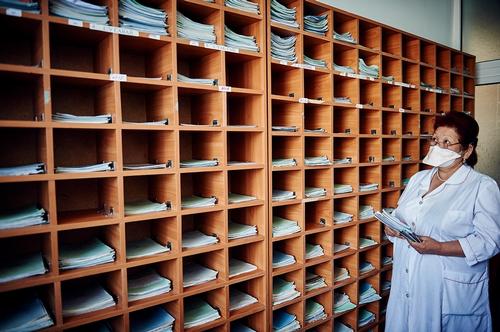
Developing countries hit with high price for important new tuberculosis drug
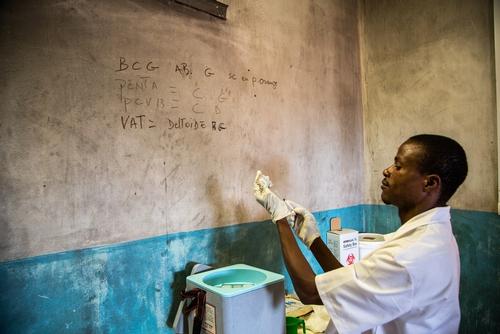
High vaccine prices hamper immunisation efforts in Africa, but are missing from agenda of key vaccination conference
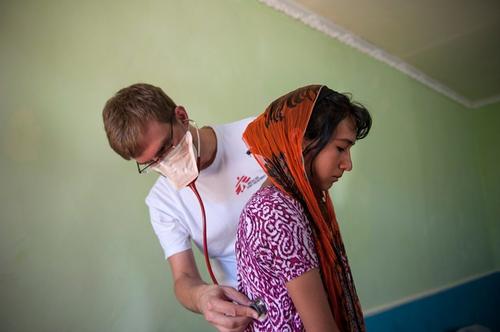
MSF statement on a donation of TB drugs from Otsuka Pharmaceutical Co., Ltd.
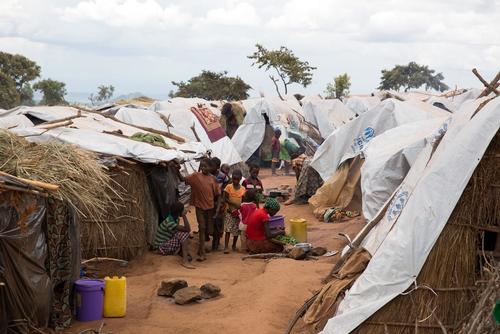
Crisis Update - 16 February 2016
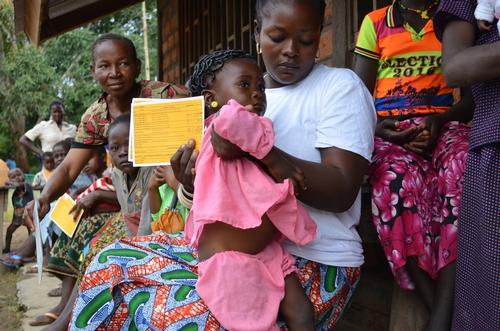
Vaccinating kids living in crisis
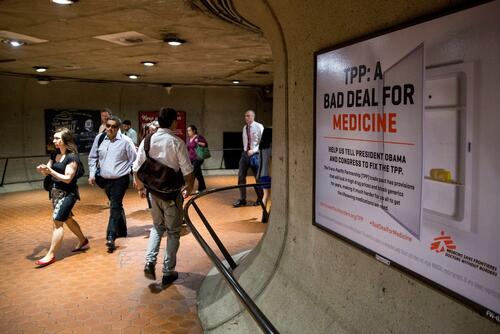
There’s still time to stop the TPP from cutting off the critical lifeline of affordable generic medicines
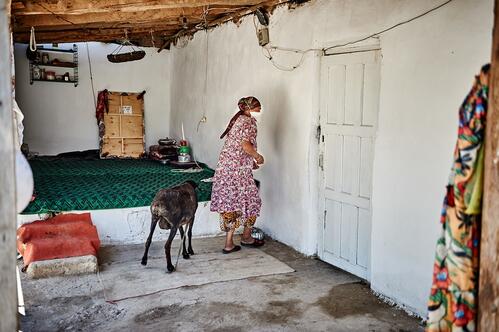
New survey shows outdated policies and practices risk further spread of drug-resistant TB
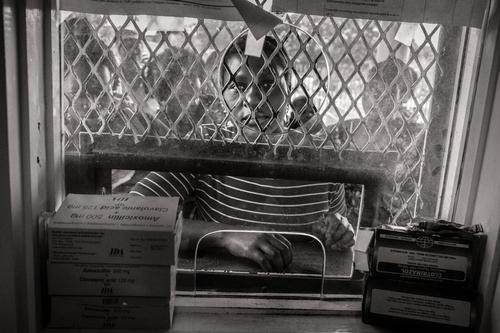
Stockouts: Testimonies from patients and medical staff
